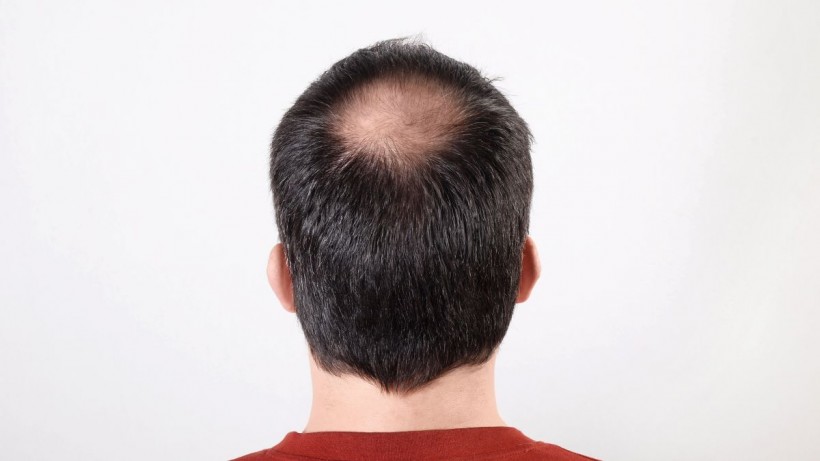Losing her hair triggered Denise Jones to quit her job. She was diagnosed with alopecia areata, an autoimmune disease that results in falling her hair out in patches, leaving bald spots on her scalp.
Jones heard too much badmouth about her condition in her work environment and wasn't sure if she could take it, so she quit.
Doctor Luis Garza, Denise's attending physician and professor of dermatology at Johns Hopkins University School of Medicine, told Denise (a pseudonym to protect her identity) that she is not alone in experiencing stress and anxiety because of hair loss.
Professor Garza explained that hair is a vital aspect of one's identity and a definite characteristic of one's body image and self-esteem, which is why baldness can change a person's life, he added.
A statistical study said that 85 percent of men and more than 50 percent of women in the United States experience balding during their lives, yet there are still inadequate treatments for hair loss. Doctor Garza stated that none of the previous hair loss treatments worked well.
Bald Bland: The Lack of Treatment Options
Common baldness was later had two US FDA (Food and Drug Administration) approved drugs that promote hair growth and must be used on a regular basis-finasteride and minoxidil-that promotes slight hair growth in one's scalp.
Hair transplantation is another form of hair treatment; it is a process where the human hair follicles are moved from one scalp to another. But the transplant costs are mostly expensive, ranging from four thousand to fifteen thousand USD.
But that problem will soon about to change. In a recent study published in Development Cell last August, developmental and cell biology professor Maksim Plikus of the University of California, Irvine, and Amplifica's chief scientific officer, untold the role of a strong signaling molecule called SCUBE3. This protein may redefine how physicians approach hair loss.
Doctor Plikus predicts the process they will go through, from mouse models to FDA treatment approval down to the dermatologist's injection of the SCUBE3 into the patients.
He also mentioned that the cost would be cheap, just like botox, and certainly cheaper than a hair transplant that would need to be repeated twice a year for continued hair growth.

A hair follicle hack that will help to regrow the hair claims positive promises.
ALSO READ: Growing Back One's Hair Possible With Arthritis Drug That Holds Promising Solution Against Alopecia
Pilkus' Pharmaceutical Promise
Plikus said Pharma would love the model since the booster therapy is a mix of true efficacy and repeat client. If these things take off successfully, SCUBE3 will be easy to market since it offers to culture proteins that are cheap and done widely, as it is for insulin.
Cell and Molecular Biology associate professor Maria Kasper of Karolinska Institute of Sweden agreed with Professor Plikus' findings and said it was a 'realistic vision.'
She later clarified that it's too early to say that the finding will lead to new hair loss treatments. Professor Kasper emphasized that other therapeutic approaches are further being developed.
The co-founder and Stanford University Obstetrics and Gynecology professor Vittorio Sebastiano believe that the protein can turn the clock back on the hair follicles.
Their TRN-001 treatment has follicles inside liquid nanoparticles that will assist stem cells in resting, making the follicle younger functionally. Sebastiano is aiming to start the clinical trial by the end of 2023, and early 2024and envisions the future of TRN-001 as a topical application with microintegrations, he added.
RELATED ARTICLE: Baldness Solution Found: Microneedle Patch Contains Nanoparticles That Can Regrow Hair Faster
Check out more news and information on Hair Loss in Science Times.


![Earth's Quasi-Moon Kamo‘oalewa Could Originate From Lunar Surface Not Asteroid Belt [Study]](https://1721181113.rsc.cdn77.org/data/thumbs/full/53275/89/56/50/40/earths-quasi-moon-kamo-oalewa-could-originate-from-lunar-surface-not-asteroid-belt-study.png)











